Yulan Feng
EJ
Interactive Evaluation of Dialog Track at DSTC9
Jul 28, 2022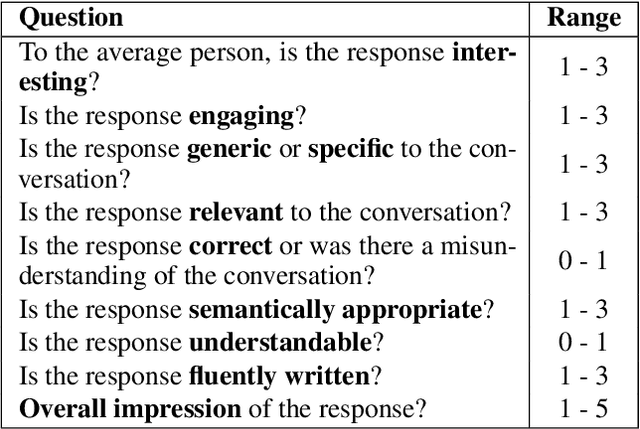

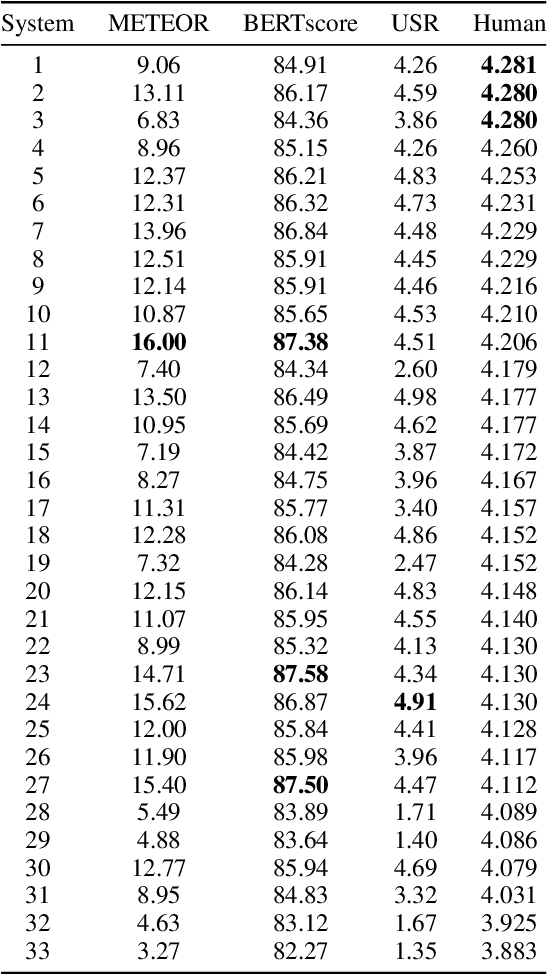

Abstract:The ultimate goal of dialog research is to develop systems that can be effectively used in interactive settings by real users. To this end, we introduced the Interactive Evaluation of Dialog Track at the 9th Dialog System Technology Challenge. This track consisted of two sub-tasks. The first sub-task involved building knowledge-grounded response generation models. The second sub-task aimed to extend dialog models beyond static datasets by assessing them in an interactive setting with real users. Our track challenges participants to develop strong response generation models and explore strategies that extend them to back-and-forth interactions with real users. The progression from static corpora to interactive evaluation introduces unique challenges and facilitates a more thorough assessment of open-domain dialog systems. This paper provides an overview of the track, including the methodology and results. Furthermore, it provides insights into how to best evaluate open-domain dialog models
Overview of the Ninth Dialog System Technology Challenge: DSTC9
Nov 12, 2020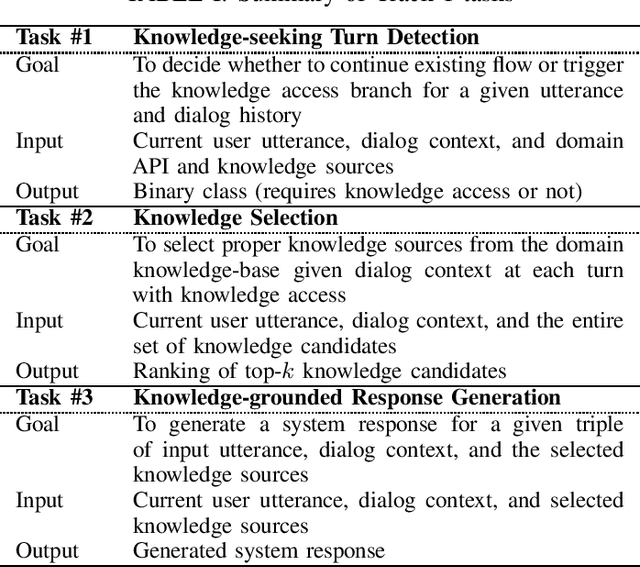


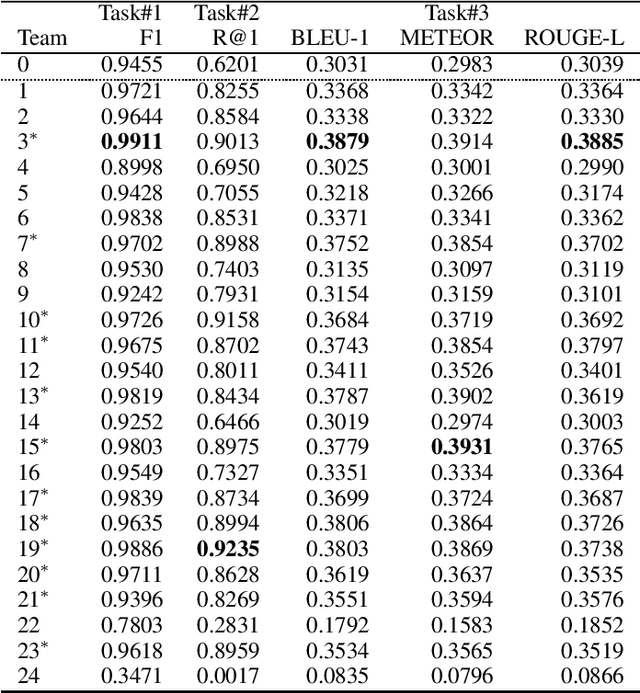
Abstract:This paper introduces the Ninth Dialog System Technology Challenge (DSTC-9). This edition of the DSTC focuses on applying end-to-end dialog technologies for four distinct tasks in dialog systems, namely, 1. Task-oriented dialog Modeling with unstructured knowledge access, 2. Multi-domain task-oriented dialog, 3. Interactive evaluation of dialog, and 4. Situated interactive multi-modal dialog. This paper describes the task definition, provided datasets, baselines and evaluation set-up for each track. We also summarize the results of the submitted systems to highlight the overall trends of the state-of-the-art technologies for the tasks.
"None of the Above":Measure Uncertainty in Dialog Response Retrieval
Apr 04, 2020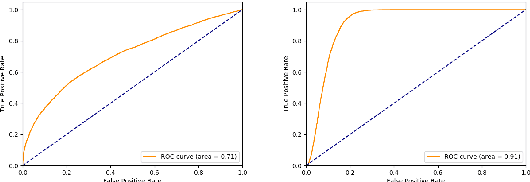
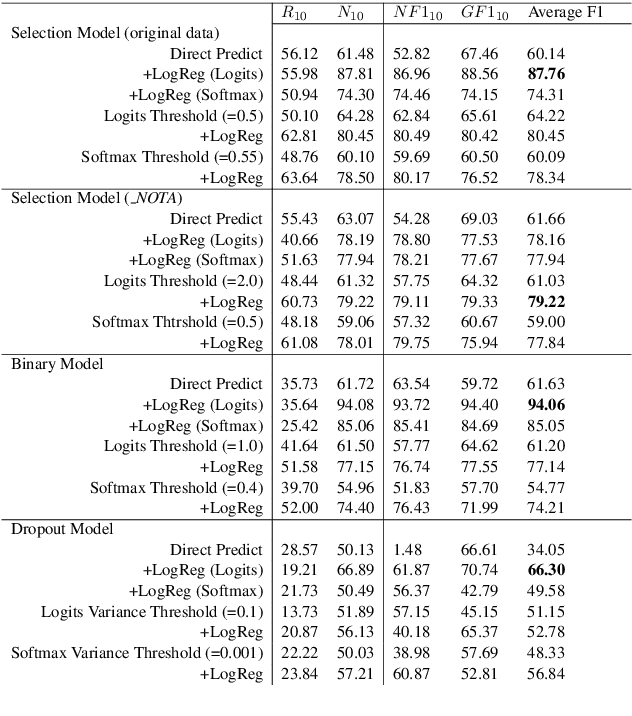
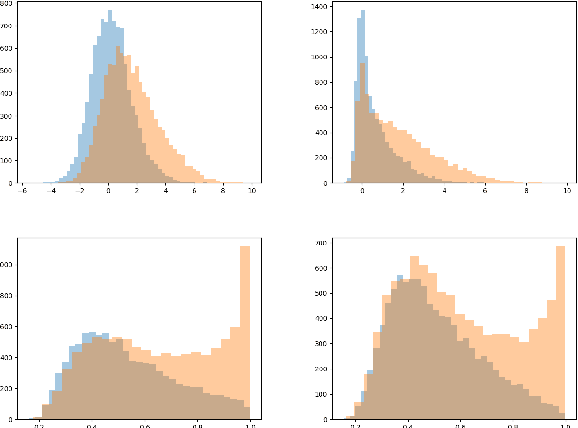
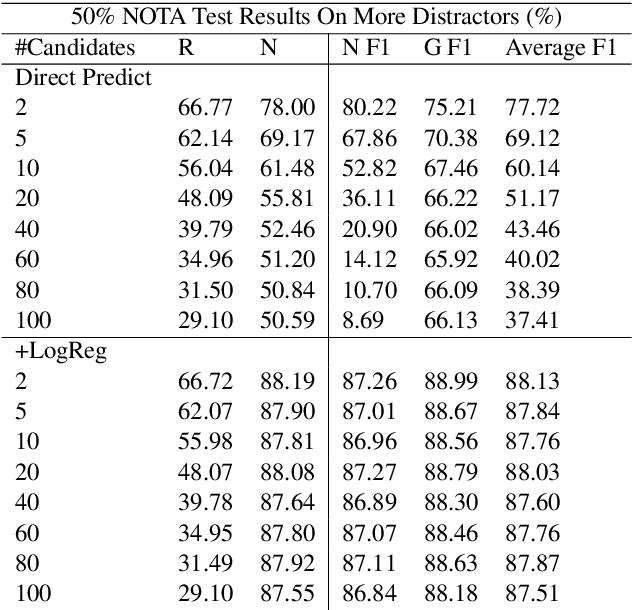
Abstract:This paper discusses the importance of uncovering uncertainty in end-to-end dialog tasks, and presents our experimental results on uncertainty classification on the Ubuntu Dialog Corpus. We show that, instead of retraining models for this specific purpose, the original retrieval model's underlying confidence concerning the best prediction can be captured with trivial additional computation.
Let's do it "again": A First Computational Approach to Detecting Adverbial Presupposition Triggers
Jun 11, 2018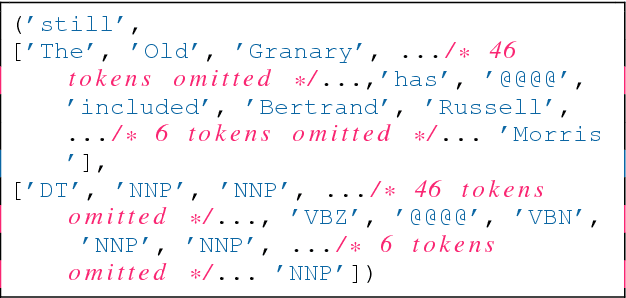

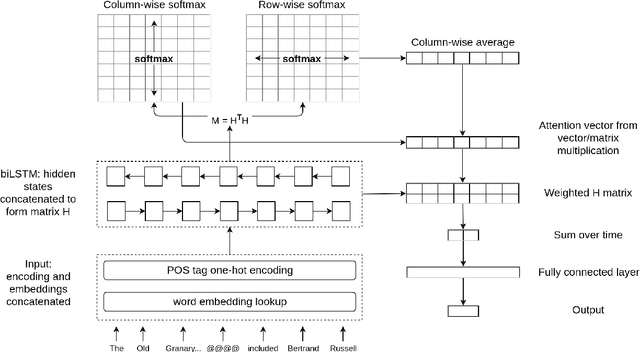
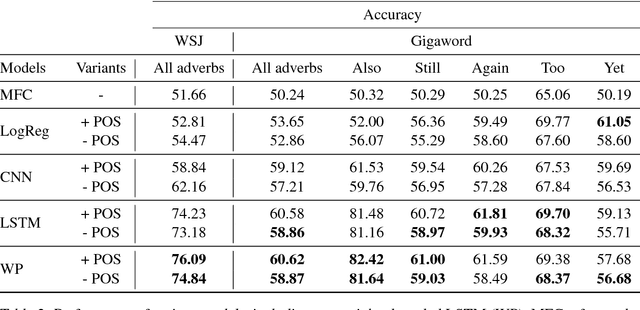
Abstract:We introduce the task of predicting adverbial presupposition triggers such as also and again. Solving such a task requires detecting recurring or similar events in the discourse context, and has applications in natural language generation tasks such as summarization and dialogue systems. We create two new datasets for the task, derived from the Penn Treebank and the Annotated English Gigaword corpora, as well as a novel attention mechanism tailored to this task. Our attention mechanism augments a baseline recurrent neural network without the need for additional trainable parameters, minimizing the added computational cost of our mechanism. We demonstrate that our model statistically outperforms a number of baselines, including an LSTM-based language model.
 Add to Chrome
Add to Chrome Add to Firefox
Add to Firefox Add to Edge
Add to Edge